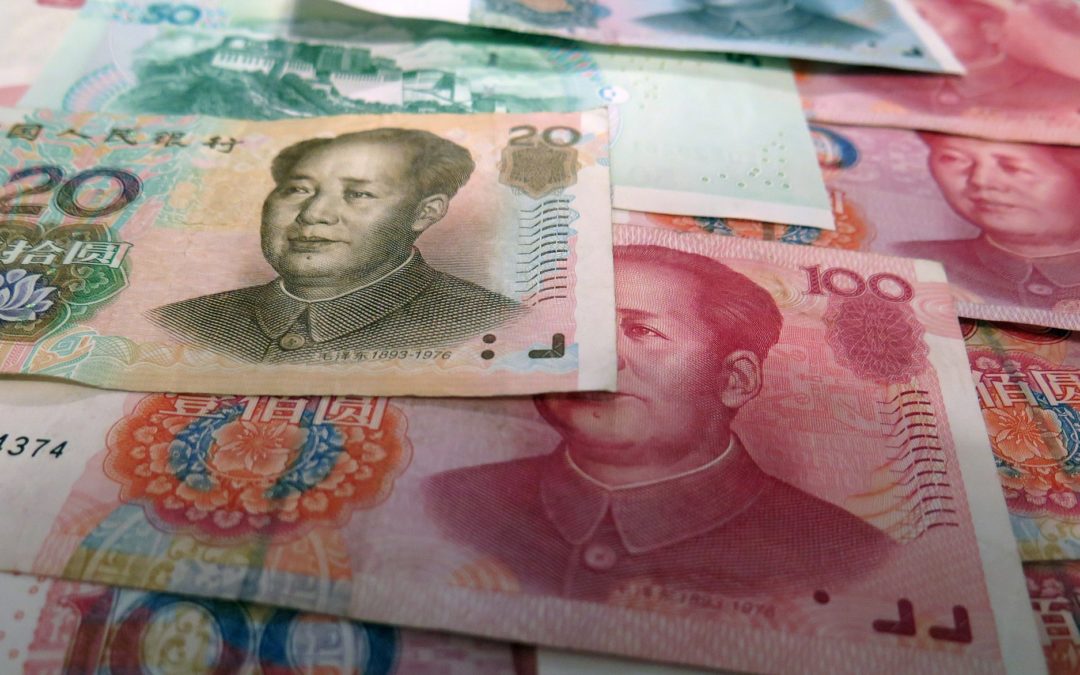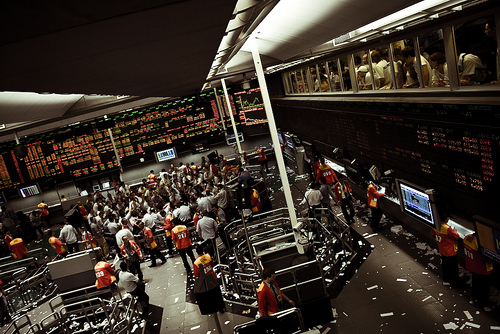
China and the SDR: Financial Globalization Through the Back Door
by Barry Eichengreen and Guangtao Xia
See paper.
The authors analyze the motives for China’s special drawing rights (SDRs) campaign. They argue that the campaign was a strategy used by the champions of financial liberalization in China to force the pace of reform. It was also a strategy with significant risks. Reaching agreement with the International Monetary Fund (IMF) on adding the renminbi to the currency basket required a judgment that the currency was freely usable for cross-border transactions. Achieving that agreement in turn required relaxing China’s comprehensive system of capital controls, and ensuring that a larger volume of cross-border capital flows was consistent with financial stability required domestic reforms to strengthen the financial system. But this was a strategy with limits. History is replete with examples of countries that have used external financial liberalization to create pressure for domestic reform. Unfortunately, the domestic reforms needed for the sustainability of those external measures do not always follow. External liberalization does not automatically weaken the influence of domestic interests resisting reform. When resistance is intense, the liberalization of cross-border financial flows can remain out in front of accompanying reforms of domestic financial governance and regulation. The result in this case can be volatile capital movements with destabilizing financial consequences, which is what China experienced in 2015.

Topics
Capital flows
Initiatives
Financial Globalization









